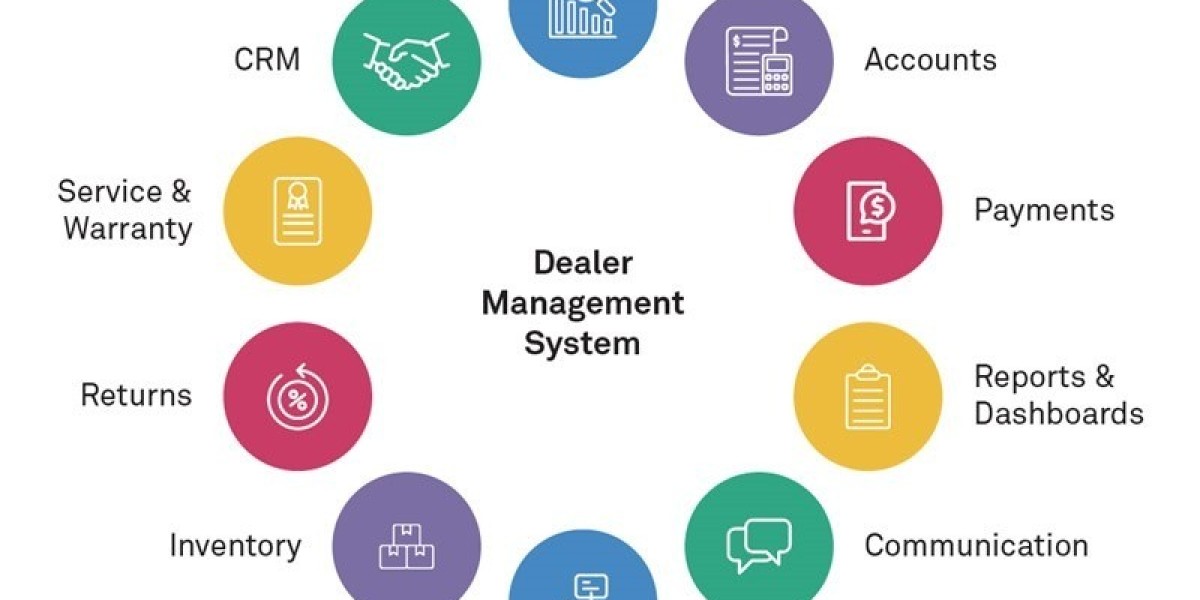In the highly complex and interconnected ecosystem of automotive retail, no Dealer Management System (DMS) can exist as a standalone, closed platform; its value and functionality are critically dependent on a vast and sophisticated network of partnerships and alliances. A deep analysis of Dealer Management System Market Partnerships & Alliances demonstrates that a DMS provider's success is defined not just by its own software, but by its ability to integrate seamlessly with the hundreds of other technology systems and service providers that a modern dealership uses. These partnerships, which range from mission-critical data integrations with auto manufacturers to alliances with a wide array of third-party software vendors, are the essential framework that makes a DMS the true central nervous system of the dealership. The Dealer Management System Market size is projected to grow USD 18.32 Billion by 2035, exhibiting a CAGR of 5.80% during the forecast period 2025-2035. To compete effectively, DMS vendors must be masters of ecosystem management, with the openness and quality of their partner program being a key competitive differentiator.
The most fundamental and non-negotiable partnerships for any DMS provider are with the auto manufacturers (OEMs). This is a deep and highly structured relationship. A franchised new car dealer's DMS must be able to communicate electronically with the OEM's systems to handle a wide range of critical functions. This includes ordering new vehicles from the factory, submitting warranty claims for service work, processing factory incentives and rebates, and sending daily sales reports. The OEMs typically have a formal "DMS certification" program, and only a small number of DMS providers are certified for each brand. Gaining and maintaining these certifications is a massive and ongoing effort, but it is an absolute requirement to be able to sell to a franchised dealer. This OEM certification process creates a formidable barrier to entry for any new DMS provider and is a key reason why the market is so consolidated. It also gives the OEMs significant influence over the DMS providers, as they can dictate the data formats and integration requirements.
Beyond the vital OEM partnerships, a second layer of critical alliances is with the vast ecosystem of third-party automotive software vendors. A modern dealership uses dozens of different specialized software tools, from a CRM system and a digital marketing platform to an inventory management tool and an equity mining application. For a DMS to be truly effective, it must be able to integrate with these other tools. This has led the major DMS providers to create formal "partner programs" and "app marketplaces." These programs provide third-party software companies with access to the DMS's application programming interfaces (APIs), allowing them to build certified integrations that can read from and write to the DMS database. The openness and quality of a DMS provider's partner program is a major competitive factor. A more "open" platform with a wide array of integration choices is highly attractive to dealers who want to use best-of-breed tools from different vendors. This has created a competitive tension between the traditionally "closed" approach of some incumbents and the more "open" ecosystem strategy that is becoming the new industry standard.
Top Trending Reports -
Japan Partner Relationship Management Market








